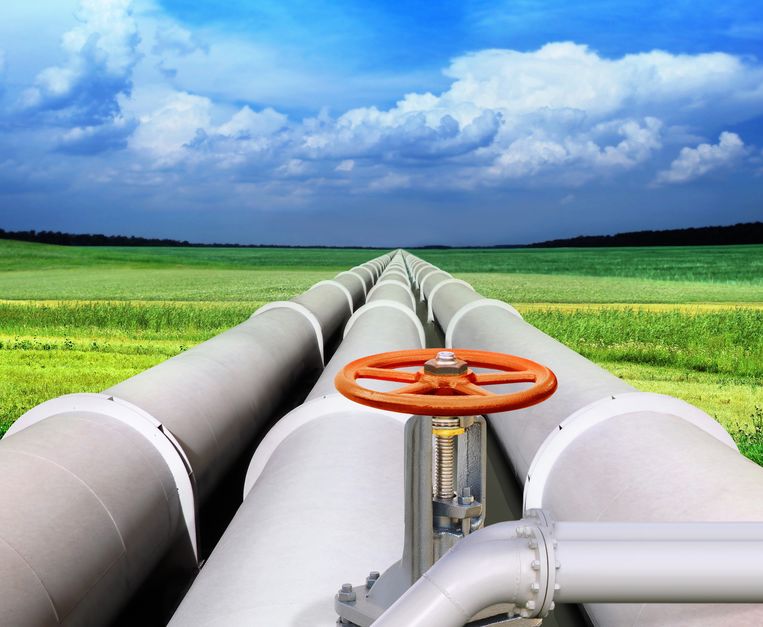Opposition to oil pipelines has a long history in Canada. Despite urgently needed capacity (before the world oil price collapse) Canada has been unable to build a major oil pipeline for over a decade. At first, the wrath of the petro-phobes was just over pipelines built to ship heavy oil produced in Western Canada (pejoratively labelled “tar sand oil”), because, we were told, that the heavy, sticky oil such pipelines carry is uniquely dangerous to the environment, especially marine or riparian environments. But over time, the anti-pipeline insanity has spread from heavy oil pipelines, to regular oil pipelines such as Keystone XL, and it has spread to encompass natural gas, the fuel that, until quite recently, the environmental lobby was pushing governments to mandate because it was a “clean fuel” that would displace coal.
Of course, that was when natural gas was quite expensive, so environmentalists believed that the switch would force consumers to simply use less energy (the over-arching goal), but now that natural gas is cheap and abundant, well, it just won’t do to let consumers have a convenient, safe, affordable fuel to heat their homes and fry their eggs.
And now, pipeline obstructionism is fully on display in the U.S. The folks at Uber-environmental Grist are celebrating two new notches on their “just-killed pipelines” belts:
Just a few weeks ago, the U.S. Supreme Court gave the embattled Atlantic Coast Pipeline the go-ahead to cross under the Appalachian Trail. Now, that controversial decision is moot: Dominion Energy and Duke Energy, the lead developers of the project, decided on Sunday to cancel the pipeline altogether.
But Grist tells us (literally!) “But wait, there’s more”:
Just this morning, the U.S. District Court for Washington, D.C., ruled that the Dakota Access Pipeline, which pumps oil from North Dakota to Illinois, must be shut down by August 5, because a key permit for the project was granted in violation of the National Environmental Protection Act.
It is a sign of the craziness of our times that one has to point out that all credible research suggests that human civilizations will need both oil and gas in vast quantities for many decades into the future, and that oil and gas will have to be transported to markets via some non-unicorn/rainbow means of transportation. It is also absurd that one still has to point out that transporting hydrocarbons via pipelines is significantly safer than other methods of surface transportation such as rail and trucks. And there’s no question, if oil can’t move by pipeline, it will move by rail and truck, which have both more, and more destructive accidents.
In a study at the Fraser Institute (a Canadian think tank) in 2017 using governmental data, we demonstrated that for oil and gas:
While both pipeline and rail transportation of oil and gas are quite safe, when comparing the two modes of transportation, pipelines continue to result in fewer accidents and fewer releases of product, when taking into consideration the amount of product moved. Specifically, based on petroleum product transport data from 2004 to 2015, pipelines were 2.5 times less likely than rail to result in a release of product when transporting a million barrels of oil.
Reflexive opposition to pipeline transport of petroleum products is simply irrational. Unless you live in a magic land where the power-fairy is suddenly going to give us all the benefits derived from petroleum and petrochemical use without consequence, oil and gas will be transported. And on land, the transportation choices are pipelines, rail cars, and trucks. Pipelines are overwhelmingly safer than either of the two fallback options both with regard to protecting the environment and protecting human health. Stymying pipelines virtually guarantees more health and environmental risk.
